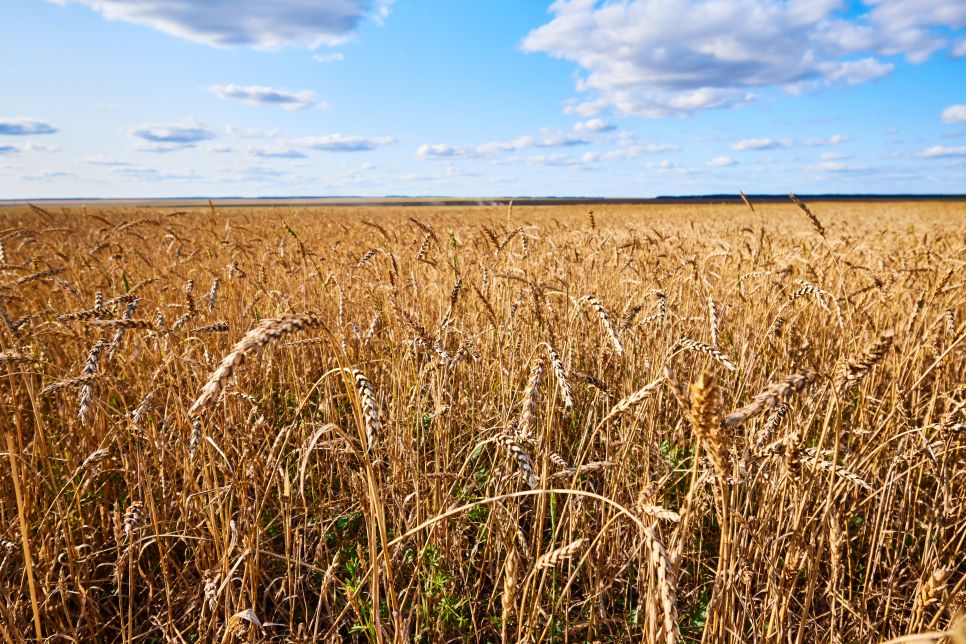Uzbekistan embarks on a journey to protect its landscapes and secure food systems
Wheat fields stretching to the horizon are a familiar sight across Uzbekistan, where the grain is more than just a staple – it’s a lifeline. Over the past 20 years, wheat production in the country has grown by a staggering 700%, ensuring food security and supporting livelihoods. However, this remarkable growth has come with a cost: severe land degradation, intensifying dust storms, water pollution, biodiversity loss, and reduced agricultural resilience.
To tackle these pressing challenges, Uzbekistan is working to harmonize agricultural productivity with ecosystem health, guided by the International Union for Conservation of Nature (IUCN), which brings globally recognized expertise and tools to align efforts with international standards for sustainable land use and biodiversity conservation.
On 28 – 29 January 2025, Tashkent will host the Induction Workshop on Restoration Opportunities Assessment and Nature-based Solutions (NbS), bringing together key experts and representatives of national authorities across relevant sectors. Organised jointly by the IUCN and the Research Institute of Environment and Nature Conservation Technologies (RIENCT) under the Ministry of Ecology, Environmental Protection, and Climate Change of Uzbekistan, in the frame of the FAO project Food Systems, Land Use, and Restoration Impact Program in Uzbekistan (FOLUR).






Редактирования Комментарий